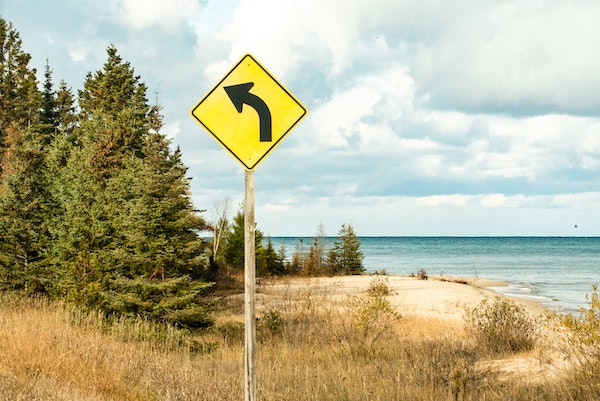
17 Jan Transitioning Well
Every summer I watch my family prepare themselves for our epic drive north from Baja California to the United States. We bundle into our minivan and take four days to traverse some of the most desolate and striking countryside I have found on the North American continent.
Mental preparation for these trips can start weeks before we leave as the kids struggle in their own way to embrace the uncertainty in their lives. Where are we going? When are we going? How are we going? It has been interesting to watch the devices that they as little humans create to both rationalize and in some small way control these big uncontrollable events.
Data and certainty in the midst of uncertainty seems to help them manage.
When we arrive, the world is acutely different.
The first nights are always hard. The kids have terrible nightmares.
It made me reflect on how transitions impact the entirety of our beings. Physically, emotionally, mentally, psychically. A transition can fundamentally change who we are in a given moment as we face and process our fears, our insecurities, our uncertainties.
From birth we are faced with transitions. Countless events (or disruptors as Bruce Feiler calls them) that unsettle the predictable patterns of our lives. We create coping mechanisms to better manage the things that unsettle us. Often that toolkit or mechanism for coping is so deeply ingrained, learned so early that we don’t even see it. Our transitional toolkit is unconsciously cobbled together, perhaps a result of our own inherent dispositions and a reflection of the behaviors of the people around us as we learned to transition.
Many of us do not even recognize these reactions as reactions to transitions.
We see our reactions as a reflection of who we are rather than as a reaction to what is happening to us.
It is astonishing to talk to people at the Academy who will often claim ‘I’m not in transition‘ at the beginning of a week or a digital course only to find that they are multiple layers deep into multiple transitions. The palpable sense of ‘oh, wow, I had no idea – the way I am feeling about my life makes more sense now’ as they unpack these transitions is universal.
So if you have read this far, maybe it is time to reflect; how conscious have you been of your own transitions? Have you ever done an inventory of your own transitional toolkit and understood how you cope, how you manage a transition?
Have you considered that transitions may actually be something that with consideration – you could get better at?
– Jeff Hamaoui
Jeff Hamaoui is Founding Partner, Head of Education and Innovation at the Modern Elder Academy. He is a seasoned leader and master facilitator, with an entrepreneurial mind and a teacher’s heart. From investing to consulting, he draws from a deep well of experience especially in the sustainability and systems worlds.
This article first appeared in Chip Conley’s Wisdom Well blog
